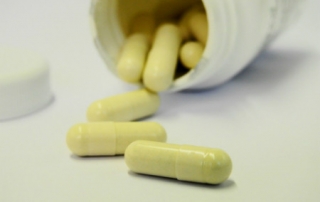Cognitive-Behavioral Therapy for Infertile Women: Is it Better than Medication?
Research indicates that women undergoing infertility treatment experience high rates of psychological distress (1). Additionally, it is believed that stress and depression have an impact on fertility, as it has been shown that certain psychological interventions may improve pregnancy rates in infertile women (2-4). In a recent study, Faramarzi and colleagues compared the effects of group cognitive behavioral therapy (CBT), fluoxetine, and no treatment on the mental health of infertile women who had been trying to conceive for at least 2 years (5).








